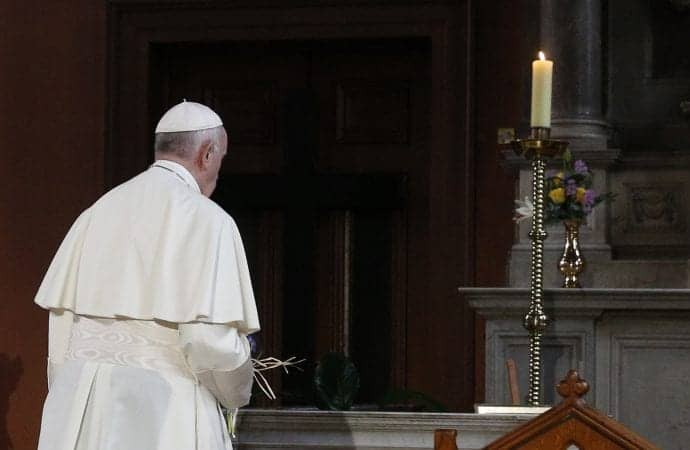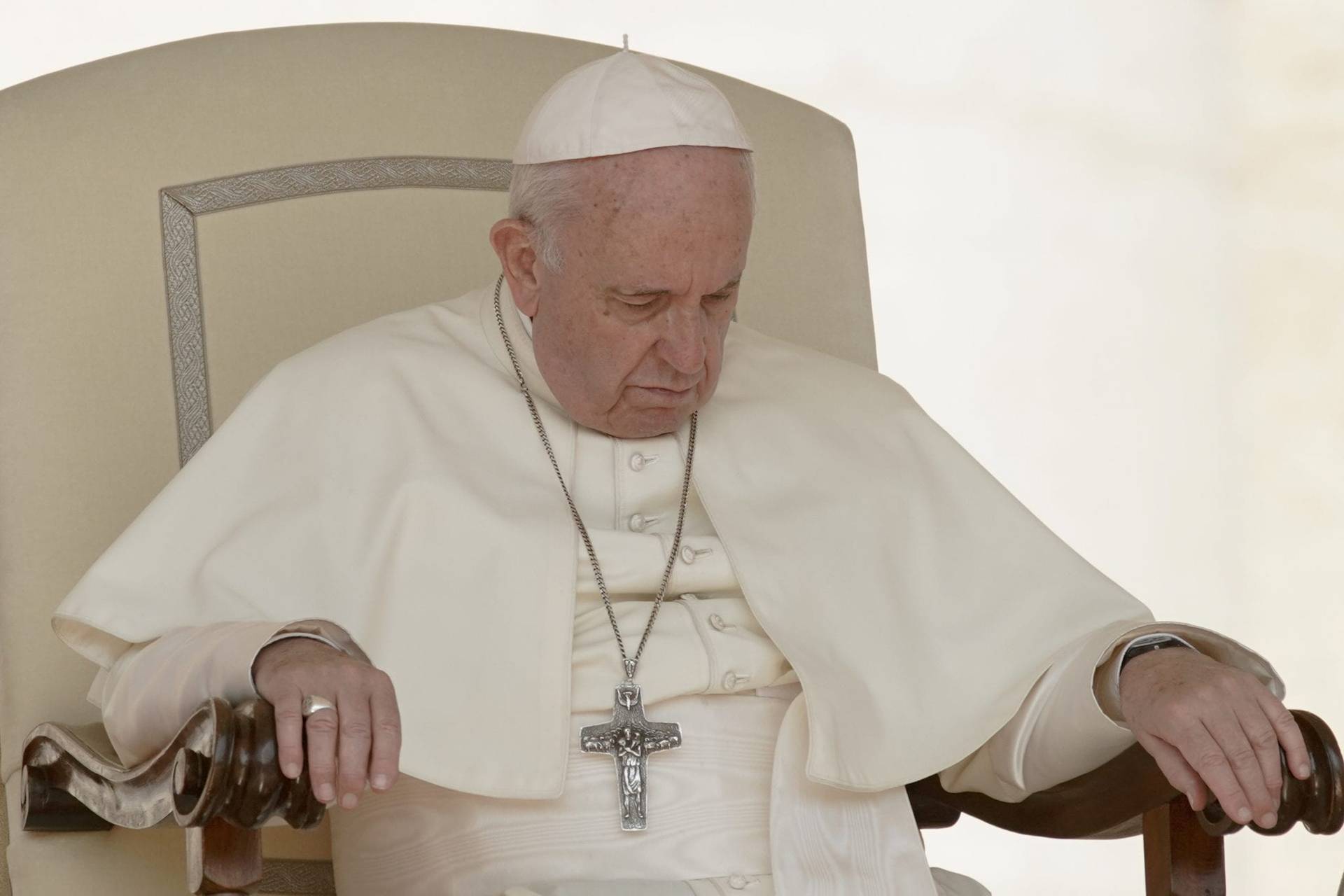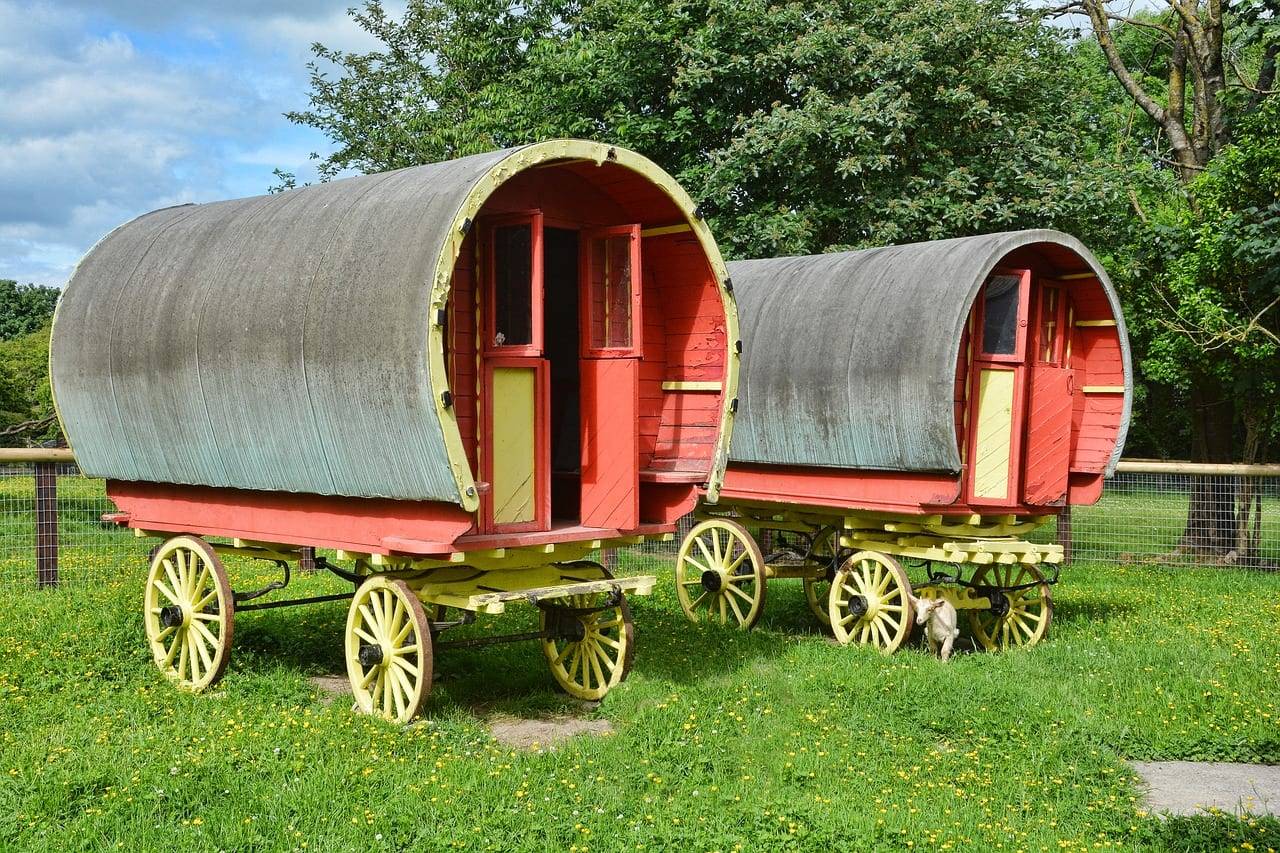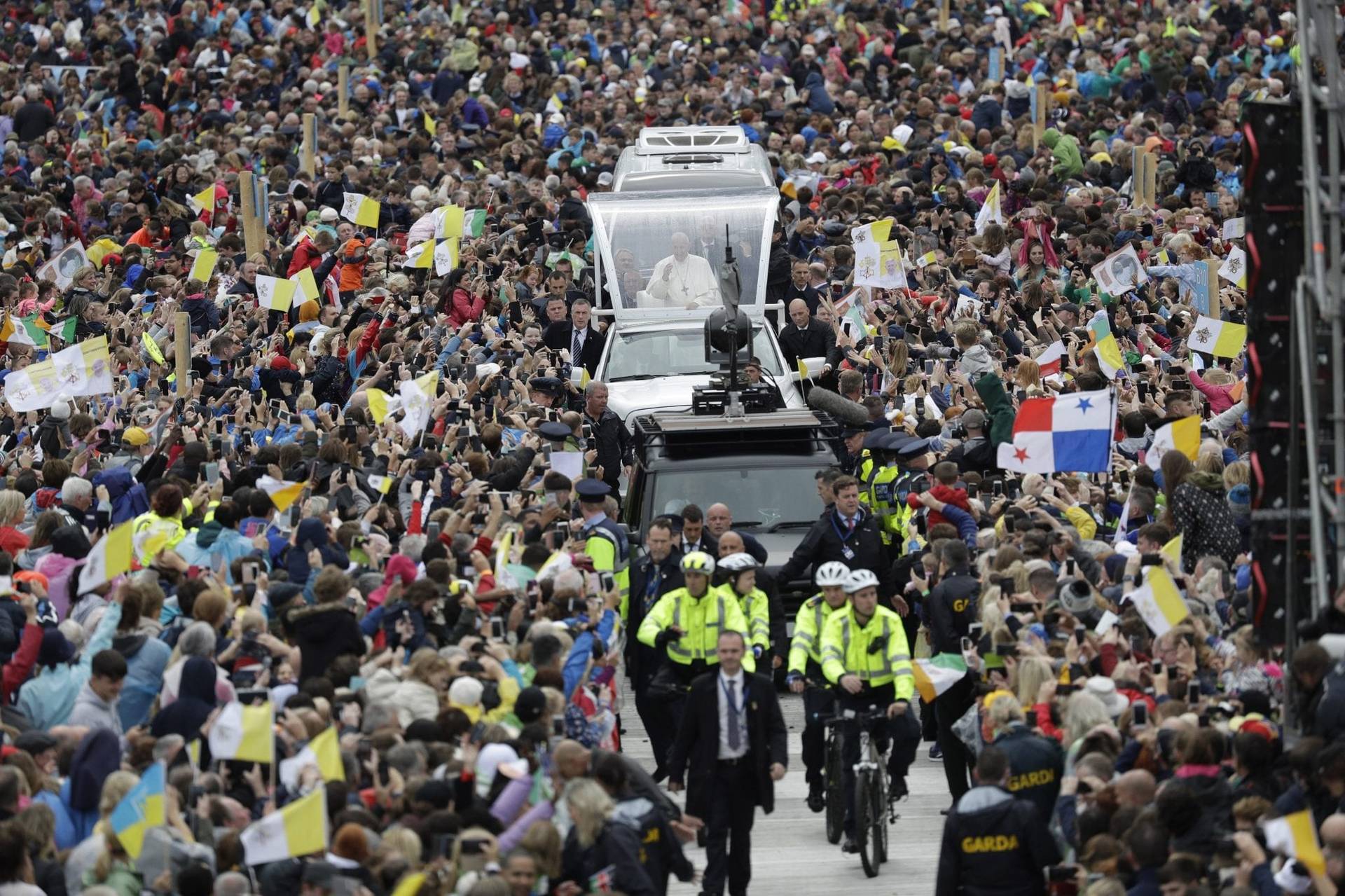DUBLIN – As the 2018 edition of the World Meeting of Families rolls on this week in Dublin, there’s an odd vibe created by the juxtaposition of the usual exuberance a major gathering creates, especially ahead of a papal visit, and the somber and subdued mood induced by recent revelations in the Church’s clerical sexual abuse crisis.
On the one hand, the large crowds flowing in and out of the Royal Dublin Society complex this week seem to be genuinely enjoying the experience of being with other Catholic families from around the world, spawning what one of the local papers on Thursday described as a “Disneyland of the devout.”
Yet even within the World Meeting, and certainly in other parts of town, a climate of depression and even anger dominates, related to a profound sensation of déjà vu about the abuse crisis in what’s arguably the single country in the world most scarred by it a decade ago.
That collision between good cheer and soul-searching may help explain, among other things, why at least some of the people in and around the World Meeting of Families seem a bit on edge, since disorientation tends to have that effect.
Here are some of the sights and sounds from Dublin this week, as the countdown to the first papal visit to Ireland in almost forty years continues.
Crux is banned
For the first time in Crux’s history, one of our reporters actually was banned from something this week. On Thursday, Elise Harris was kicked out of the “Conference of Catholic Families,” a sort of rival conservative event taking place just down the street from the official World Meeting of Families.
(It’s not actually termed a “rival” anything, of course, but it’s happening in the same place and at the same time as the World Meeting, and it has a clearly different tone and constituency.)
When Harris arrived Thursday morning for day two of the event, she was stopped at the entrance and informed she was “not welcome.” In the course of asking why, organizers told Harris that she had covered the event the day before under false pretenses because she hadn’t purchased a ticket like everyone else.
There was also a clear suggestion they didn’t care for her coverage, expressed in phrases such as, “It’s people like you who harm the Church.” (As a hint of the ideological alignment involved, she was also told to “go talk to James Martin and all your liberal friends.” In context, that seemed the rough equivalent of, “Go to hell.”)
We certainly regret offending anyone, no matter the reason, but let’s be clear that there was nothing “false” whatsoever about the pretenses under which Harris was present.
On July 31, I sent organizers an email inquiring about procedures for media accreditation. On August 13, I received a reply saying that tickets are available on their site, which I took to be boilerplate language not directed to us since media outlets don’t pay for access to the events they cover, and then a statement that independent videoing and recording of the event wasn’t allowed, which we didn’t do.
On the opening day, Harris introduced herself, identified herself as a reporter for Crux, and was invited in without any mention of a ticket. She conducted interviews with several participants, including Anthony Murphy, founder of the Lumen Fidei Institute that hosted the event. Obviously, those people were aware they were speaking with a reporter, especially given that Harris was wearing a credential around her neck that clearly said “Media” in large type.
If there are objections to the content of any Crux coverage, those who know us understand that we’ll take those concerns seriously and do our best to respond. One hopes, however, that there might be better solutions than leaping to the fairly extreme step of making someone “Banned in Dublin.”
Lock your doors, the pope’s coming
The Gardai, meaning the Irish police service, have announced plans to increase patrols in residential areas of Dublin on Sunday afternoon and evening because of fears that burglary gangs may try to rob homes while people are out attending the papal Mass in Phoenix Park.
(Where they’ll draw those increased patrols from is something of a mystery, since the Gardai also plan to deploy 700 officers inside Phoenix Park and hundreds more in the surrounding area to provide crowd control.)
Homeowners have been advised to make it look as if they’re in by leaving their lights on, and they’ve also been counseled to ask neighbors who aren’t going to see the pope to keep an eye on their property.
Some 500,000 people are expected to converge on the park on Sunday to see Pope Francis, who will celebrate the concluding Mass of the World Meeting of Families.
Pope’s not selling
Few people in a city know its mood better than street vendors, and by that measure the excitement in Dublin ahead of Francis’s arrival on Saturday seems notable mostly for its absence.
On Henry Street, a bustling downtown area known for its lively array of stalls, Jacinta Judge reported that few people are buying the array of papal products she’d laid in. She’s already reduced the price of Pope Francis t-shirts to 6 Euro, she said, and has only sold four papal flags all week. She’s also returned most of the yellow and white-colored bunting she ordered.
“There’s just so much talk about the abuse,” she said. “There is no atmosphere around this visit, none of the excitement of the last time,” referring to when St. John Paul II visited Ireland in 1979.
“The only people buying stuff are tourists,” she said.
Marion White, another vendor, agreed
“It’s very slow,” she said. “There’s a lot of anger about the visit.”
“It’s completely different this time” in comparison to 1979, White said. “But then, we’re a very different country.”
The Sacred and the Profane
Inevitably, church and state are deeply intertwined in Ireland, which perhaps explain why Irish venues seem to feature both surprising intersections and unexpected clashes between the sacred and the profane .
At the World Meeting of Families, for instance, one can find stalls appealing to specifically Catholic interests – those selling the recyclable cardboard chairs for use at the Phoenix Park Mass, for instance, as well as Pope Francis mugs and lollipops. There’s even one selling rubber likenesses of a fetus, as a gesture of support for the pro-life cause.
On the other hand, there were also retailers on hand whose religious purpose was a good deal less clear, including stalls selling aloe vera products and a virtual reality booth. The Dóchas Centre women’s prison is sponsoring a booth pitching the artistic creations of inmates, the vast majority of which weren’t religious in nature.
Perhaps at an event focused on the family, however, that sense of bringing everyone together in a common space, whatever their interests, may have been uniquely apt.


















